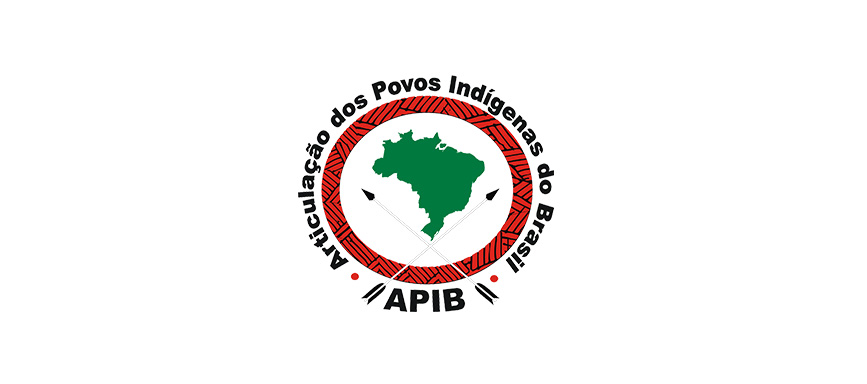Undoubtedly, we, indigenous peoples, are one of the most exposed and vulnerable populations in the face of the current Coronavirus COVID-19 pandemic. Throughout history, we have always been the victims of successive invasions not only by the use of physical violence, firearms and forced labor, but also through the diseases carried by invaders, such as the flu, smallpox and measles, even in the 20th century, particularly during the military dictatorship. Through this day, we suffer from illnesses brought from the outside world to our communities: cardiovascular problems, hypertension, diabetes, gastrointestinal diseases, kidney problems, STDs and respiratory diseases. Coronavirus is another of these threats, another plague produced by capitalist accumulation, therefore, it has a political and an economic origin, and now it has become a public health crisis. We should not have to pay for problems unrelated to our way of life. On the contrary, it is up to the State to provide measures in order to mitigate its historically acquired debts with our peoples and communities.
The Coalition of the Indigenous Peoples of Brazil – APIB therefore publicly demands from the current government an Emergency Action Plan, that includes, among others, the following measures:
• Guarantee the protection of our territories, regardless of the regularization phase they are in, thereby guaranteeing the protection of our peoples, especially indigenous groups in voluntary isolation and the recently contacted.
• Prevent the invasion of indigenous territories by land grabbers, illegal squatters, miners, loggers and others who practice illegal activities in our territories.
• Stop any evictions of communities that have taken action to recuperate and reoccupy their traditional lands, as they seek to guarantee their customary rights, ownership and usufruct.
• Strengthen and allocate additional budget to the indigenous health subsystem – the Special Secretariat for Indigenous Health – SESAI, the Special Indigenous Health Districts (DSEIs) and the Indigenous Health Centers (CASAIs), equipping them to face the new Coronavirus pandemic, especially as many of them are already over-crowded.
• Prevent access to indigenous territories by people who are not authorized nor performing essential assistance services – including tourists and anyone with any other purposes that have not been authorized by our leaders.
• Improve the health subsystem’s preventative care measures to avoid risks of Coronavirus contamination spreading to the villages, especially those close to urban centers or when hospital assistance is necessary. Any Contingency Plan must be widely discussed with the representative bodies of our peoples.
• Immediately revoke FUNAI’s Ordinance No. 419 / PRES., of March 17, 2020, as has also been recommended by the National Health Council (CNS) and the 6th Coordination and Review Chamber of the Federal Public Ministry / PGR. The Ordinance, mainly its 4th article, removes the responsibility of protect isolated peoples from the General Coordination of Isolated Indigenous Peoples, transferring it to regional offices, despite the fact that regional offices do not have qualified staff or structural conditions for such specific and delicate work. For APIB, FUNAI’s ordinance violates both national and international law, including the Federal Constitution, the Statute of Indigenous peoples, Internal Regulations of FUNAI, determinations of the Ministry of Health and of SESAI, the American Declaration on the Rights of Indigenous Peoples, and resolutions from the Inter-American Commission on Human Rights and WHO. It also constitutes an act of irresponsibility as it poses more risk to the integrity of isolated and recently contacted peoples. The Ordinance can only be understood to be motivated by unclear interests, which have already been reported on other occasions by our organization.
Finally, in the absence of political will from the current government to develop a Contingency Plan for disease outbreaks and epidemics, and considering the specificities of our peoples – a communal way of life that facilitates the fast spread of Coronavirus – we request the provision of diagnostic tests for indigenous health units with the utmost urgency from international organizations, especially the World Health Organization (WHO) and the Pan American Health Organization (PAHO).
For the well-being of our elders, the keepers of our wisdom and tradition, and of our children, our future generations, we demand more respect for the specific and differential treatment guaranteed indigenous peoples in the 1988 Constitution.

